‘Everyone’s laughing’: Sydney has become the city with a 9pm curfew
Once a nightlife mecca, Sydney has become “a city with a 9pm curfew” – But its most powerful figure has a bizarre plan to revitalise it.
Lifestyle
Don't miss out on the headlines from Lifestyle. Followed categories will be added to My News.
When asked recently how one of Sydney’s dreary nightlife precincts could be revitalised, Lord Mayor Clover Moore pinned much of her hopes on a new bike lane the council is building.
For those vying to topple the 79-year-old veteran politician, who has reigned over City of Sydney council for two decades, that stumble in an ABC interview just about sums up all that’s wrong with Australia’s biggest metropolis.
Labor’s Zann Maxwell is running for mayor at the October 14 election and has made the night-time economy and vibrancy key platforms of his pitch to voters, saying Ms Moore is asleep on the job.
“She also said recently that Sydney’s laneway and small bar scene was better than Melbourne’s,” Ms Maxwell said. “Everyone laughed at her.”
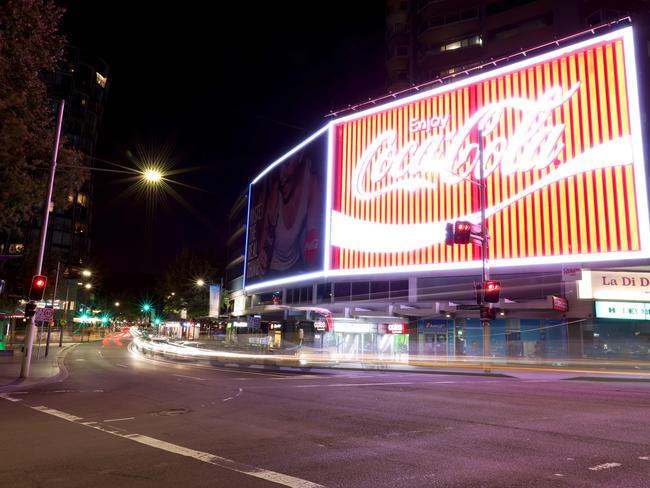
Independent mayoral hopeful Yvonne Weldon, the city’s first Indigenous councillor, is also a supporter of efforts to revive Sydney’s heart, and puts much of the blame for the ‘boring’ tag at her rival’s feet.
“This has happened on Clover Moore’s watch,” Cr Weldon said.
And another candidate vying for the top job, former Warringah mayor Sam Danieli, believes red tape and power-hungry bureaucrats have made the city “lifeless after 9pm”.
Ground zero of Sydney’s vibrancy crisis is Oxford Street in Darlinghurst.
Once known around the world as a queer mecca that attracted hordes of revellers to its countless camp, colourful and chaotic clubs and bars, the strip is a shadow of its former self.
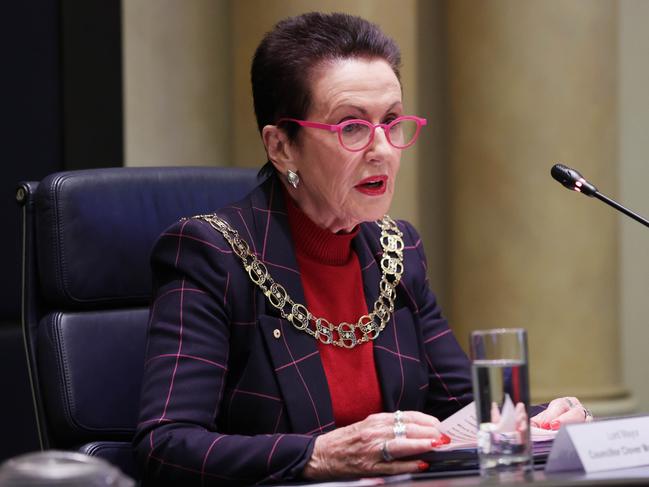
Fewer and fewer people venture to the few venues that remain open, while former regulars lament how dramatically the atmosphere in the neighbourhood – or gaybourhood – has collapsed.
“Oxford Street is in a sad state,” Cr Weldon said. “Our nightlife is in retreat, our arts institutions are suffering, and we’re losing too many creatives and young people.”
Ms Moore’s effort to address the woes of Oxford Street saw the council sign over huge chunks of real estate to a private company on 99-year leases, to be redeveloped into office and retail spaces.
The resulting Oxford and Foley project was meant to launch in mid-2023 but thanks to rolling issues, it isn’t remotely close to being completed. The development’s builder was sacked in May, causing further chaos.
When asked by ABC News last month what else she had planned to save Oxford Street, Ms Moore said: “I’m very confident the bike lane will be revitalising.”
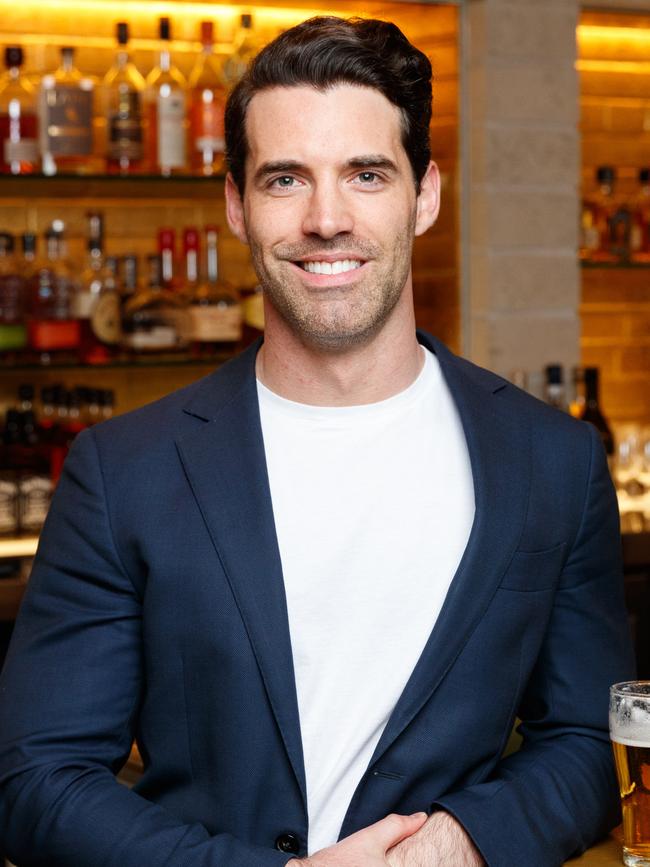
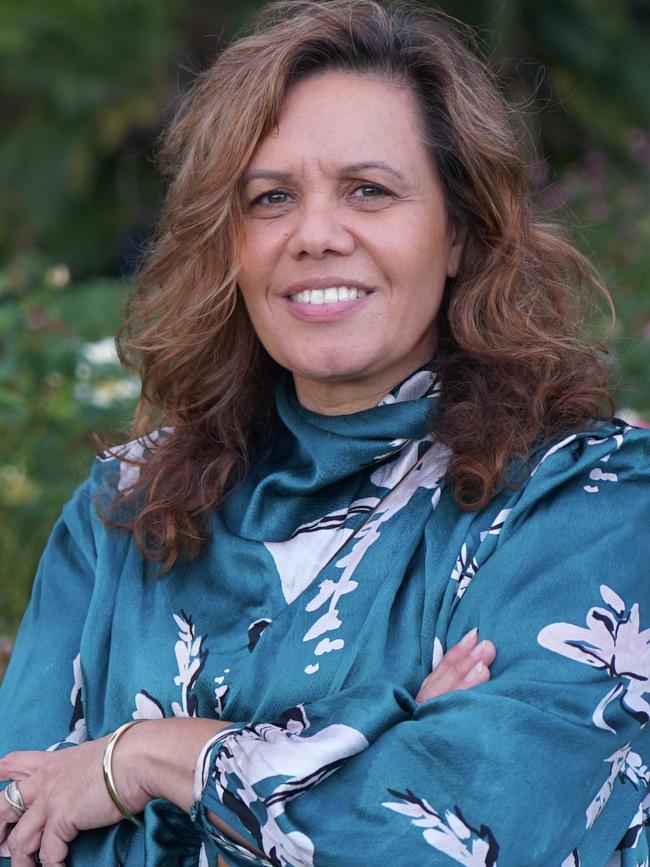
News.com.au invited Ms Moore to share her full plans for Sydney’s night-life and vibrancy but did not receive a response before publication.
Passing the buck
Those who’ve long warned about the state of Sydney after dark have disputed the Lord Mayor’s defence that lockout laws and the painful pandemic era are the actual causes.
“Sydney’s night-life was already on the slide long before the lockout laws and Covid lockdowns hit,” Mr Maxwell said.
“These factors certainly accelerated the decline, but the roots of the problem run deeper.”
After all, it was under hew stewardship that City of Sydney booted countless tenants from its retail assets along Oxford Street, most of which remain vacant.
And it has been her council bureaucrats who’ve come down hard on hospitality venues for a litany of petty or trivial issues, from noisy diners to pub-goers drinking on the footpath.
Often, it has taken just one or two complaints from a disgruntled local to see an operator raked over the coals, making it harder and costlier to run a business.
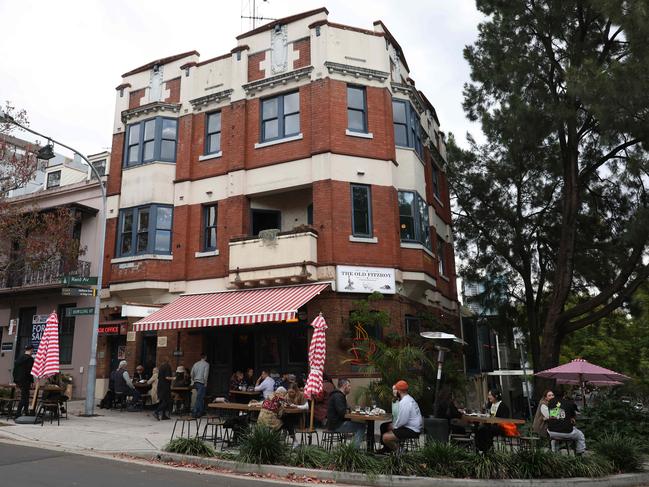
That climate, coupled with the cost-of-living crisis, changes in how young people socialise, and exorbitant rents, have seen more than 170 businesses shuttered in Darlinghurst and Surry Hills over the past few years.
Major changes are needed to “get council out of the way” of efforts by businesses to make the city more vibrant, Mr Danieli said.
“No other major international city is lifeless after 9pm, other than Sydney,” he said.
Instead of encouraging a vibrant, safe and well-managed nightlife, the council had squashed it entirely with expensive regulation, Mr Danieli said.
“We will propose structural changes to get council out of the way and limit imposing restrictions on businesses.”
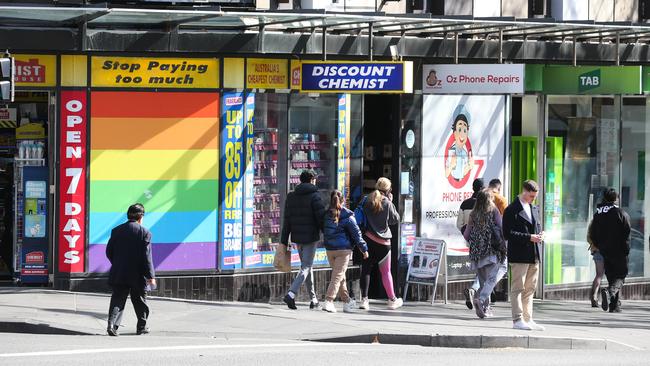
As the city’s night-life faded, critics of Ms Moore say she was too slow to act.
“Her administration has failed to declare even a single Special Entertainment Precinct (SEP) despite the State Government’s reforms that are on the table waiting to be used to revitalise our night-life,” Mr Maxwell pointed out.
If elected, he would declare “at least five” SEPs, including in Kings Cross, as well as extent trading hours, slash red tape, offer grants and incentives to small venues and expand public transport.
“Clover Moore has had years to take advantage of the state government reforms, but instead she’s focused on cutting outdoor dining hours at popular spots like The Old Fitz and clinging to outdated policies.
“I think they’re out of touch and defensive. Sydney deserves better than this half-hearted approach. We need a refresh, and a more youthful attitude.
“It’s time for leadership that’s willing to roll up its sleeves and do what’s necessary to make our city vibrant again.”
Times have changed
Luke Lavidis caught the tail-end of Sydney’s golden era of partying when there were more all-night clubs than you could poke a glow stick at.
Oxford Street was jam-packed, revellers had plenty of choice, there were no $140-a-week gyms in Kings Cross, and emerging from the bowels of a building in the midmorning wasn’t that unusual.
“The people talking about how boring Sydney is compare it to those wild days in the 1990s and early 2000s,” Mr Lavidis said. “Just because that doesn’t happen much these days, doesn’t mean there aren’t great places to go.”
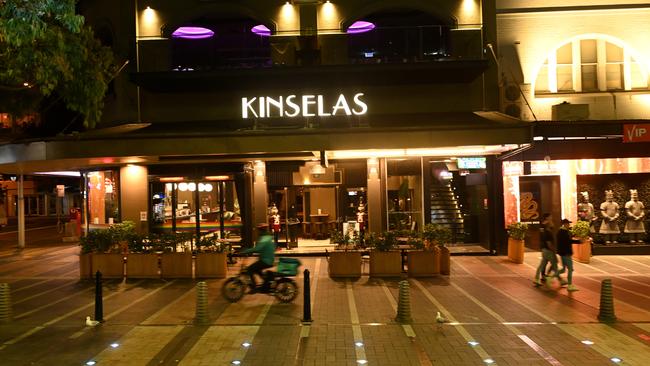
When Mr Lavidis noticed a “serious disconnect” as Sydney emerged from Covid restrictions, he decided to do something about it.
He began organising underground parties and club nights before advising entertainment venue operators on how to run events and market themselves.
Somewhat by accident, he became an advocate for Sydney’s nightlife and a champion of efforts to make the city more vibrant.
“The funny thing is that you hear people talking about how boring Sydney is, how there’s nothing happening, nothing new, but it’s not true,” he said. “There are a lot of new clubs opening. A lot of new bars are opening all the time. If you want to go out, I reckon you’ll find something to do.”
Rather than a return to the so-called glory days of the 1990s and early 2000s, Mr Lavidis said a night-life evolution should be encouraged because “how people go out has changed”.
“Some people like to go out during the day and make the most of the weather,” he said, pointing out that rooftop bars were non-existent a generation or two ago, for example.
“Those of a certain consider ‘going out’ at night to be dinner with a few drinks at a bar afterwards. Some people like a stylish bar-club – something to eat, drinks, a dance, but not too hectic.
“Going to the clubs all night is still popular, but not for everyone. People these days want more options, more to of a mix.”
He believes, a “really good balance” of places to play could be how a precinct like Oxford Street is saved instead of simply hoping that several nightclubs could become viable once again.

Mr Maxwell agreed and said a vibrant city isn’t just about having fun but also ensuring Sydney is a place people want to live, work and visit.
“A night-time economy doesn’t just mean hitting up Oxford Street for a rager, though I’ve been known to enjoy those on occasion. It can be as simple as finding a good meal after 9pm, something that’s becoming almost impossible in Sydney.
“If we let our nightlife die, we’re letting go of part of the very essence of what makes living in the big city special.”
The role of affordability
A major cause of Sydney’s lost nightlife is how unaffordable its central suburbs have become, Mr Maxwell believes.
Eye-watering property prices and soaring rents make it “a playground only for those who can afford it.”
“When people are barely able to make rent, they’re less likely to go out and enjoy what Sydney has to offer after dark,” Mr Maxwell said.
Living in this part of Sydney indeed costs a pretty penny, its lacklustre nightlife notwithstanding.
The median weekly rent for a house in Darlinghurst is a whopping $1100, while it’s currently sitting at $715 for a unit.
But finding something around those prices in the current market is tricky, with a nice three-bedroom terrace house in a good spot asking about $1700 per week and up, while a tasteful two-bedroom unit won’t come much cheaper than $1200 per week.
Neighbouring Surry Hills is worse, with the median rent for a house coming in at $1150, while it’s $750 per week for a unit.
Similarly, actual rentals available now cost more, with a one-bedroom apartment currently advertised at $865 per week and a two-bed flat asking $1100 per week.
While Ms Moore has touted her affordable housing credentials, with a projected pipeline of 4200 low-cost rentals by 2036, the overall number is just a third of City of Sydney’s affordability target.
Originally published as ‘Everyone’s laughing’: Sydney has become the city with a 9pm curfew





